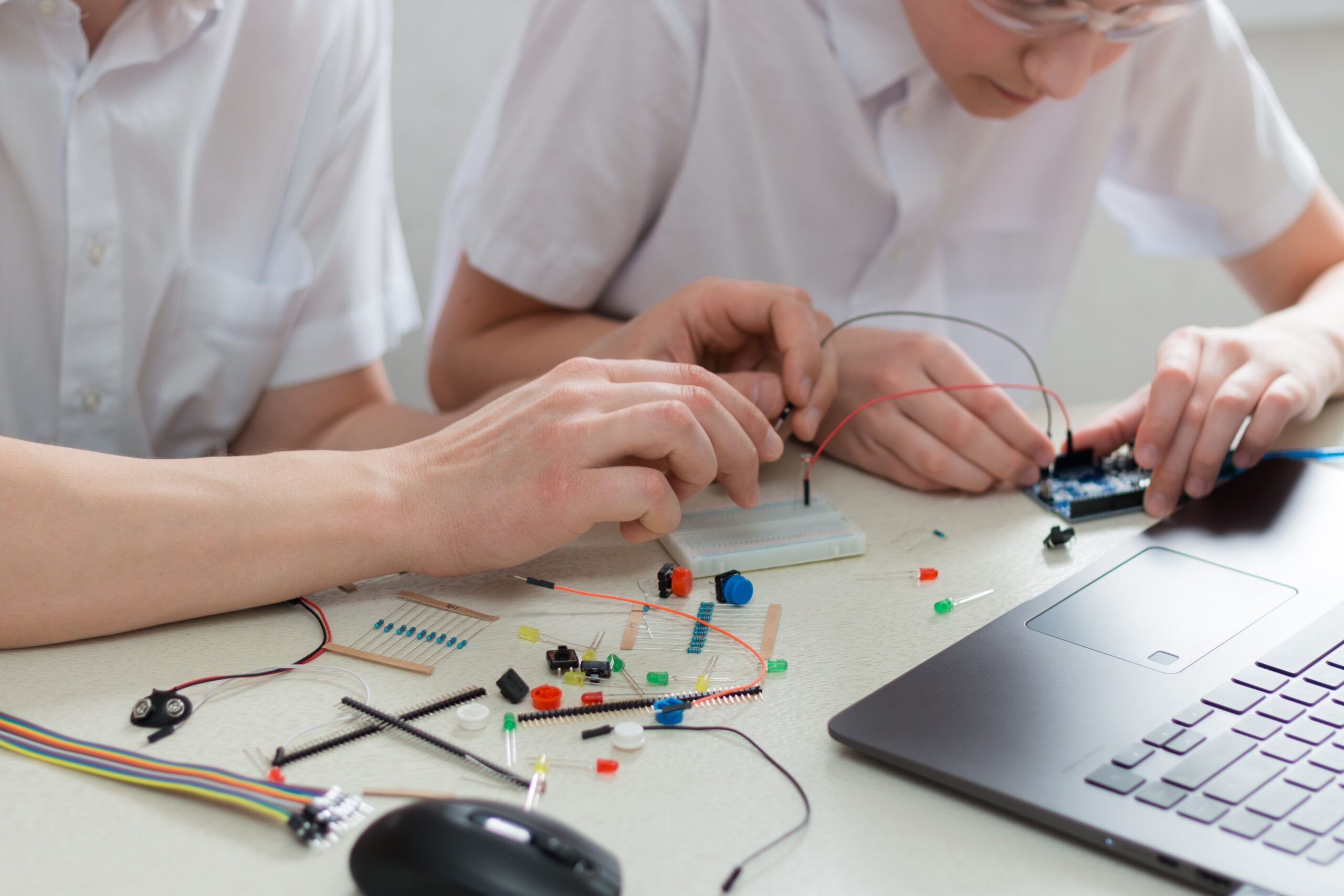
AdobeStock by AlesiaKan
During the competition, New Zealand Cambridge International students will have the opportunity to test their STEM knowledge against overseas students. The extra-curricular aims to build enthusiasm for science and enrich existing science curriculum.
Read the Term 1 edition of School News HERE.
In the competition, teams of three to six students who are Cambridge IGCSE or O Level learners will choose a topic for scientific investigation over 20 to 25 hours. This investigation should be conducted using the scientific method, building on their existing knowledge in IGCSE or O Level courses. Over the 20 to 25 hours, students will:
Students will then present their findings at the projects’ conclusion. This could be at a science fair, or in team presentations and posters. Teams will also evaluate their teamwork.
Over the course of the competition, students will develop skills essential for success in education and employment. These include problem solving, critical thinking, teamwork, innovation and communication.
Kathleen Llyod-Parker, Senior Country Manager New Zealand at Cambridge International, said “Participating in the competition helps learners build their passion for science through practical work. It also supports the development of Cambridge learner attributes and complements their pursuit of Cambridge science qualifications.
We encourage all eligible students to talk with their teachers about what kind of investigation could align well with their studies and their areas of interest.”
Investigations relevant to the school community, or of practical relevance are encouraged. Students are also asked to consider sustainability.
Clear marking criteria will be provided to teachers, who will award Gold, Silver and Bronze or Participation to each investigation. Gold-awarded projects will be submitted to Cambridge International to be judged by a team of expert judges, who may consider them for Best in Country or Best in Region award.
Country and regional winners will be announced in November. Winners of best Region awards will be put forward for Best in World award, announced in December 2023. Winners receive a certificate, and the overall winning team will be featured in Cambridge Outlook and receive a plaque for display in their school.
In the future, many jobs will require some form of science or maths skills as technology becomes an increasingly vital part of our infrastructure. The competition aims to upskill current students to meet these needs, as well as diversify those working within these fields. Currently, only 16 percent of the engineering workforce are women. In leadership, those statistics shrink even further.
A pilot competition was held in 2019, where almost 260 schools around the world took part. Following the pandemic, the competition returns and will now include New Zealand schools.
A new report from the University of Auckland’s Our Voices Project asks young people what…
The government has opened a tender for new standardised assessment tests, leaving educators shocked and…
Early in her career, Kiri Turketo found inspiration in an unlikely source. In this Principal…
Real stories of dedication, challenges, and triumphs from educators in NZ. Part six comes from…
Is fast furniture impacting your school's environmental footprint? We explore eco-friendly solutions to reduce furniture…
A new report from the New Zealand Initiative argues we need a stronger and clearer…
This website uses cookies.